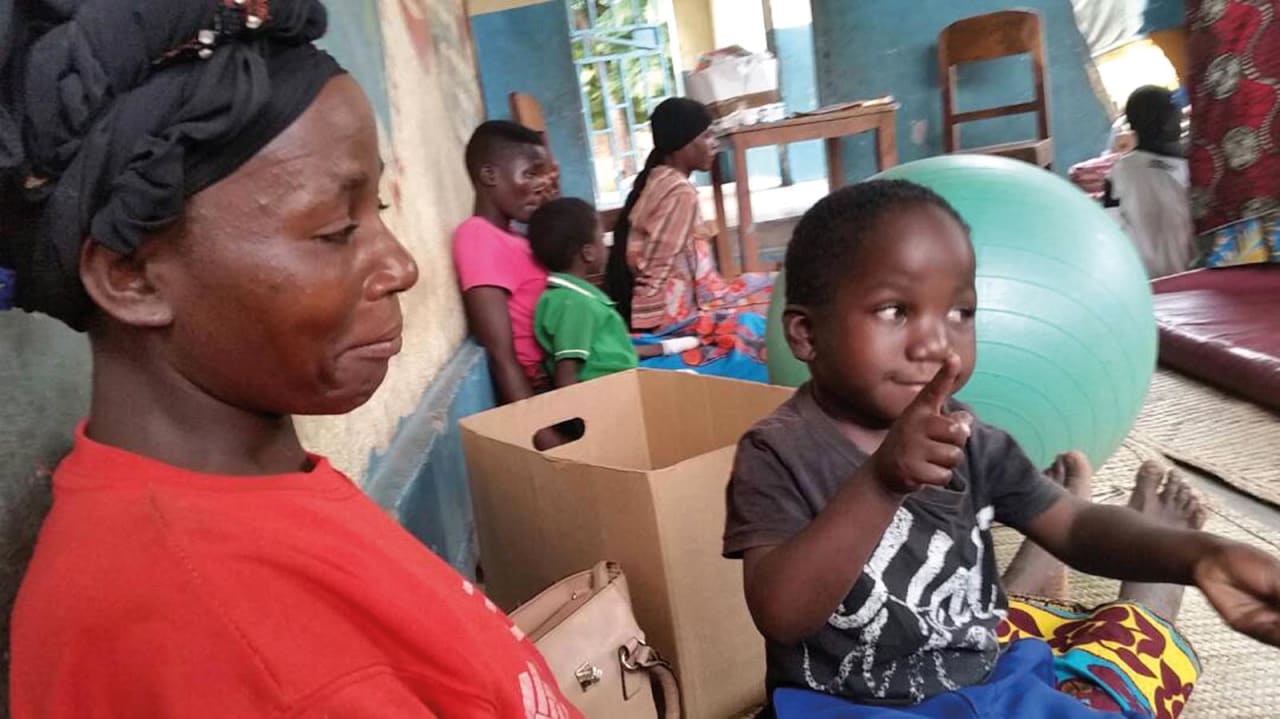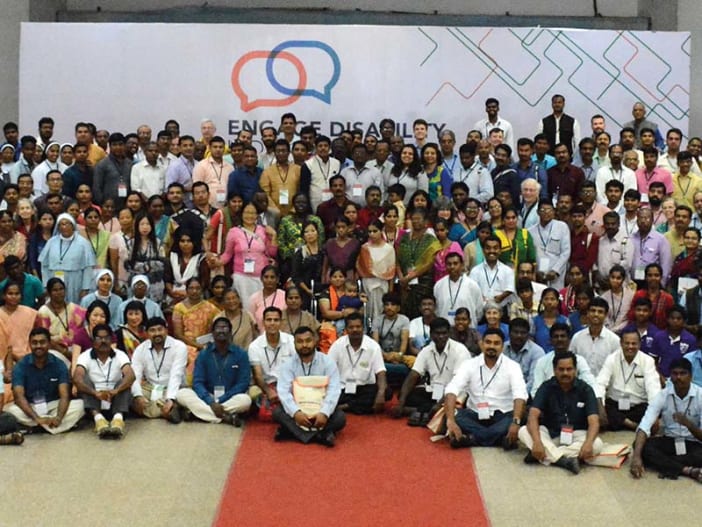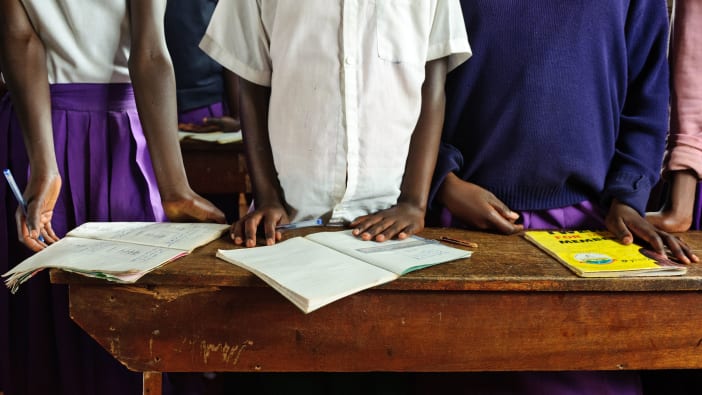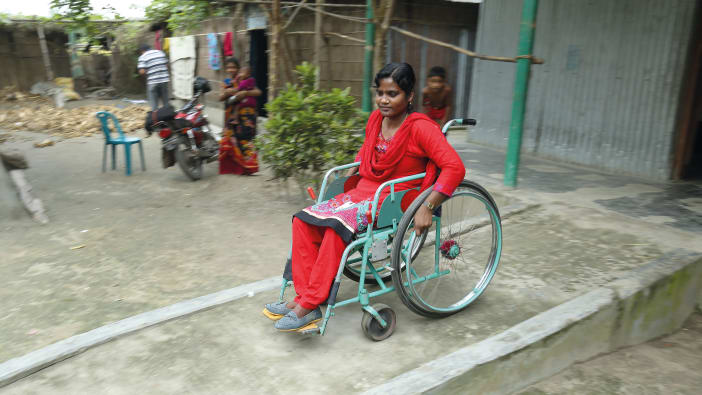Since 2003, Glad Tidings Orphanage Care (GTOC) has been providing day care for orphans and other vulnerable children in Malawi’s Salima district.
Most of the staff have no formal qualifications, so assessment forms with illustrations were introduced to help them monitor the development of the children. By comparing the illustrations on the forms with children at different ages, the staff were able to identify those who were not developing as expected.
As the staff began to use these forms, it became clear that a significant number of children were showing developmental delay, usually as a result of cerebral palsy.
Cerebral palsy is the name for a group of conditions that affect movement and coordination. The conditions are caused by brain damage that occurs before, during or soon after birth. Cerebral palsy only becomes apparent when children fail to achieve expected development stages such as sitting, standing, walking and talking. It is not curable, but the effects can be reduced through physiotherapy and exercise.
Taking action
It seemed wrong to assess the children without being able to offer further help. In response to this, Elias, a trained physiotherapy assistant, set up a weekly clinic at GTOC in partnership with the local government and UK charity Starfish Malawi. The clinic opened in 2016 and about 20 children attend each session.
A local carpenter works with Elias to develop walking aids, adapted chairs and other supports. The aim is to help the children learn to live with their disabilities, and to become as independent as possible.
Supporting the whole family
In Malawi there is a lot of stigma associated with having a child with a disability, and parents can feel very isolated. The GTOC clinic provides opportunities for whole families to meet and spend time with other people, while at the same time learning how best to support their children.
The article striding towards independence contains illustrations of some simple aids for children who find it difficult to walk.










